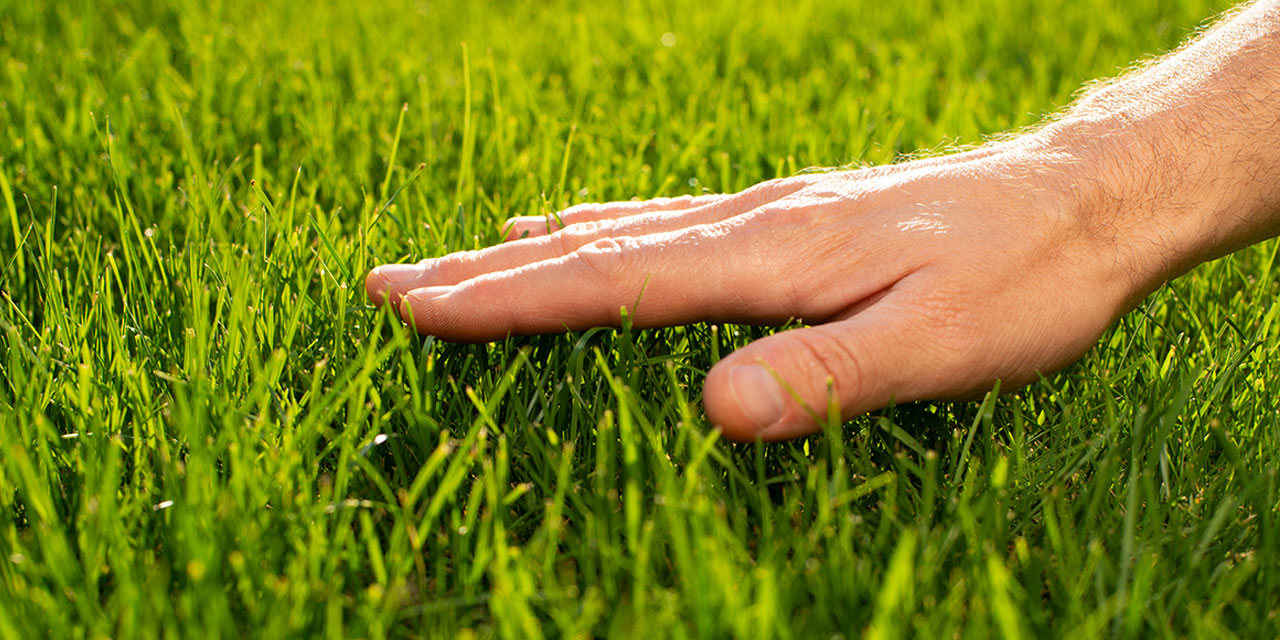Midway through Ralph Ellison’s novel, Invisible Man, the nameless black hero, in flight from the oppressive South, finds a street vendor in Harlem selling hot yams. “A stove pipe reeled off a thin spiral of smoke that drifted the odor of baking yams slowly to me, bringing a stab of swift nostalgia. . . . At home we’d bake them in the hot coals of the fireplace, had carried them cold to school for lunch; munched them secretly, squeezing the sweet pulp from the soft peel as we hid from the teacher behind the largest book, the World’s Geography.” Driven by memories of his boyhood, he buys one yam after another and devours them. Feeling, for the first time in the novel, uniquely himself, confident and empowered, he cries, “They’re my birthmark. I yam what I am!” The allusion, of course, is to Popeye—and, as Popeye’s creator intended, to Yahweh—but Ellison adds a profound twist. He makes an individual’s singular, irreducible sensory memory the essence of identity itself.
Never mind Proust’s madeleine. You could write an eccentric history of American literature by tracing instances of sensory memory that occur in it, from Huck Finn describing something as “all still and Sunday-like” (he remembers the feel of a Sunday); to Hemingway’s Nick Adams thinking that “the tent hung on the rope like a canvas blanket on a clothes line”; to Holden Caulfield in Catcher in the Rye being swept up into memories of his childhood when he feels the key in his hand as he goes to help a child tighten his skates.
The cook creating a dish by remembering how things taste; the songwriter composing by remembering how certain notes sound when struck together; the painter rendering colors by recalling their effects on each other—there is no art, humble or high, without sensory memory. Religious authorities understand the powerfully binding effects of candles, incense, singing, tasting, touching. Do Jews and Muslims fight over creeds and territory, or do they do battle over the right to continue to steep oneself in the memory of the smell of one grandmother’s brisket and another’s maqluba? The “integrated personality” itself is nothing more or less than a bundle of sensory memories, whose persistence through time guarantees a continuous self.
One of the most consequential developments of our moment is that the experiences that create sensory memories are disappearing even faster than temperatures are rising.
“Gasoline and cheap perfume—half the smell in American adventure.” You can hear the sarcastic jeers in response to Norman Mailer’s vivid evocation, but it’s getting harder every day to come up with a contemporary version. Charging stations and ethical vegan scents? Twitter and TikTok taps and clicks? The purring, contented sounds behind indignant open letters to the New York Times or formal investigations into harassment charges?
I fear the effects of the loss of sensory experiences of reality that bind us to our own lives and to the lives of other people. Imagine the children of climate-change-obsessed parents, one of whom refuses to fly to other places, the other of whom shuns eating anything more sensually evocative than seaweed. What palpable constituent of the world will bring these kids back to the song of themselves as they go through life? What intimate tangible quality of their lives will they carry with them and cherish? The ancient Egyptians perfumed their mummies and buried them with sweet-smelling jars of fruit and beeswax, no doubt so that, if the dead had the good fortune to make their way into the afterlife, familiar smells would keep their personalities as intact as their bodies.
When I hear the word “musk,” I think of mysterious nights and bare shoulders, not Elon. “She is as in a field a silken tent” goes the first line of a beautiful love poem by Robert Frost. But in a world of screens and ChatGPT and metaverses, people will gradually allow their tactile knowledge of silk to slip away. The poem will no longer make sense. The magnificent linguistic sub-structure of simile will cease to exist. And without simile, language will lose the double joy of using physical sensations to evoke meaning beyond the world of material appearance. Robots do not possess and will never possess sensory memory. Welcome to the age of robots.
“All that is solid melts into air.” Marx could not have foreseen Facebook and Twitter when he wrote that line, but his prophecy has been fulfilled in a way he never would have imagined. The banner of the abstract flies over everything. Art’s tactility gives way to statements of social justice. Common sense, rooted in experience, guiding people to tolerate values they do not accept, gives way to categorical imperatives, rooted in abstract pieties, commanding people to embrace values they do not accept. Pronouns collapse and blur, extinguishing entire realms of known experience. The range of reference narrows and dims. Soon the high comedy of mistaken sexual identity in Shakespeare and Oscar Wilde will be dismissed in a non-binary culture as grim tragedies of biology. The very basis of comedy—sudden contrast, juxtaposition, or displacement—will vanish because no one will have enough experience to recognize what is being contrasted, juxtaposed, or displaced with what. Maybe that’s why the late-night comedians now sound like either special prosecutors or schoolmarms.
Even diplomacy has become impoverished by the suppression of sensory memory, as abstract fantasies of virtue impel our president to perform the astonishing feat of antagonizing the other two superpowers at the same time. Here the sensuous recollection of what you do when you are driving and come to a four-way stop sign would be crucial: you don’t keep driving.
“Sweep away!” has become the war cry of control-crazy progressives. But when meaning has been disciplined out of language, and the pride of doing something better than other people banished, and the superficial clarity of being a man or a woman prohibited, and the practical instinct of protection and of self-protection disallowed, and life’s simple practices shamed out of existence—when all these timeless human things, all created out of the senses, melt into air, then nothing in our experience will remind us of anything else in our experience, and we will lose the ability to discriminate, to cherish, to judge. Instead of continually expanding our sympathies by helping us to follow the thread of truth through dissimilarity, the moral imagination will shrink to nothing. And then any comparison, and any equivalence, is possible.













